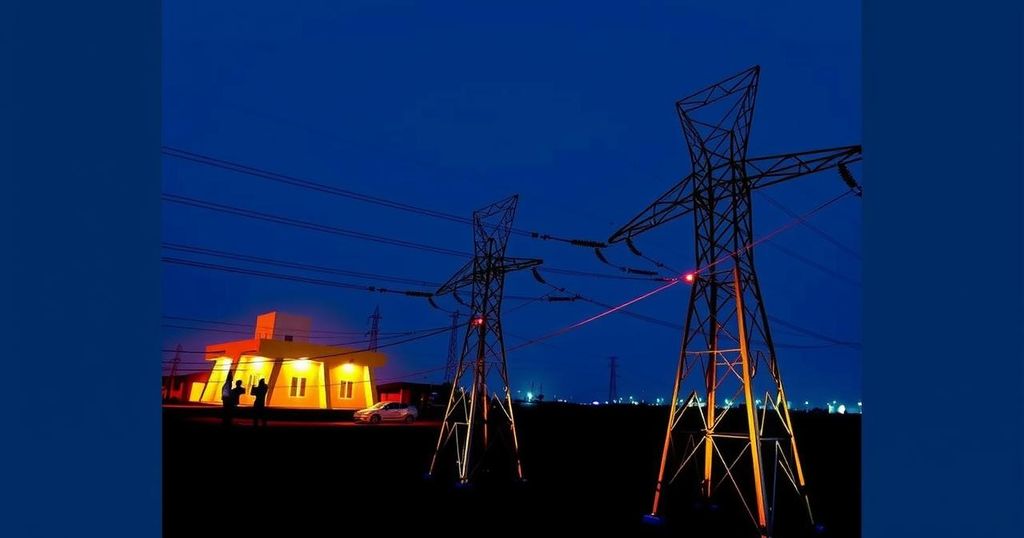Bangladesh has cut electricity imports from Adani Power by 50% due to decreased winter demand and ongoing payment disputes, significantly impacting the company’s operations.
On December 3, 2024, it was reported that Bangladesh has reduced its power imports from Adani Power by 50%. This decision stems from a combination of reduced demand for electricity during the winter months and ongoing disputes concerning payment obligations. Adani Power, a major player in the energy sector, has been significantly affected by these changes as it strives to maintain its operations amidst these challenges.
Adani Power, part of the Adani Group, is one of the largest private power producers in India, significantly involved in electricity generation and distribution. Over the years, the company has established a presence in neighboring Bangladesh, supplying power to meet the country’s growing energy demands. However, recent disputes regarding payments, along with seasonal fluctuations in demand, have led to critical adjustments in their trading agreements.
In summary, Bangladesh’s decision to halve its electricity imports from Adani Power highlights the challenges presented by fluctuating energy demands and financial disputes. As seasonal changes reduce electricity consumption, companies like Adani Power must navigate complex international relationships to sustain their business operations. This situation serves as a reminder of the delicate balance between energy supply and financial compliance in international power agreements.
Original Source: www.hindustantimes.com






